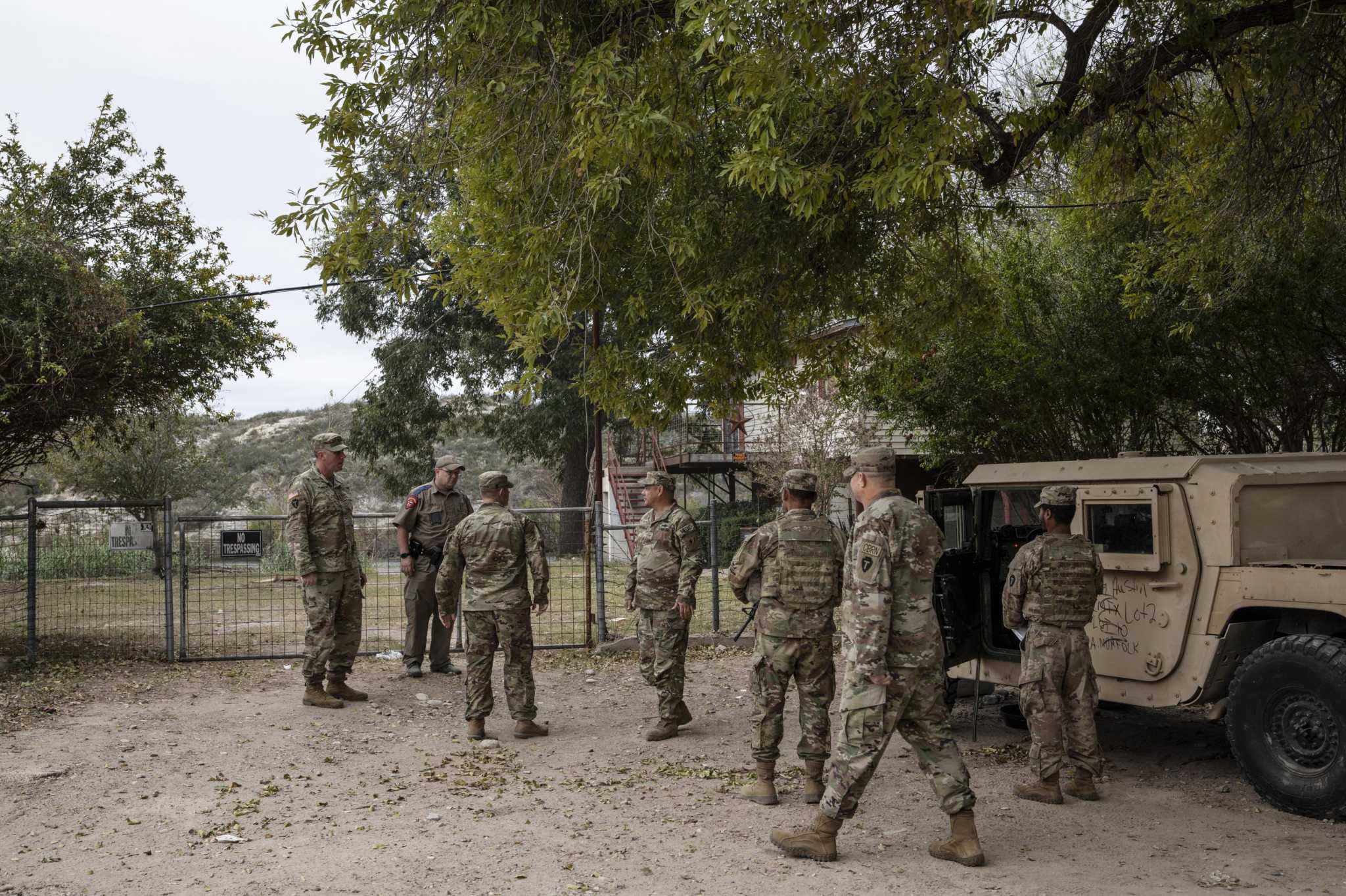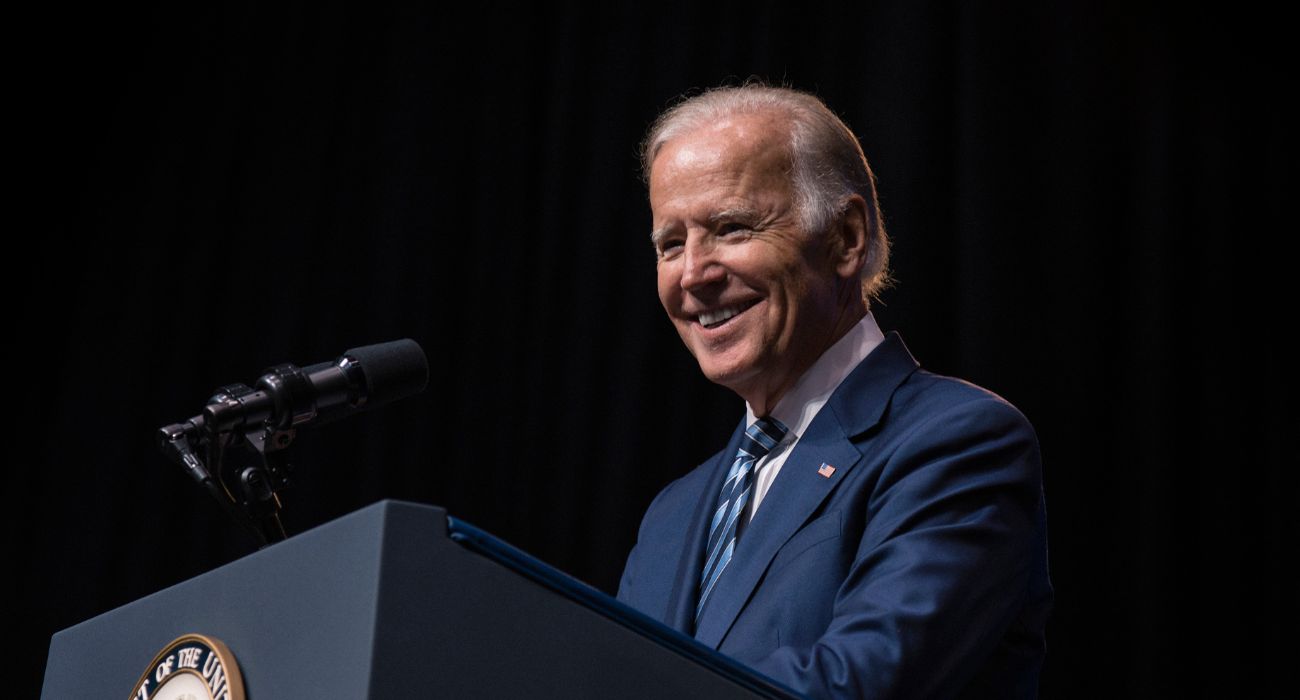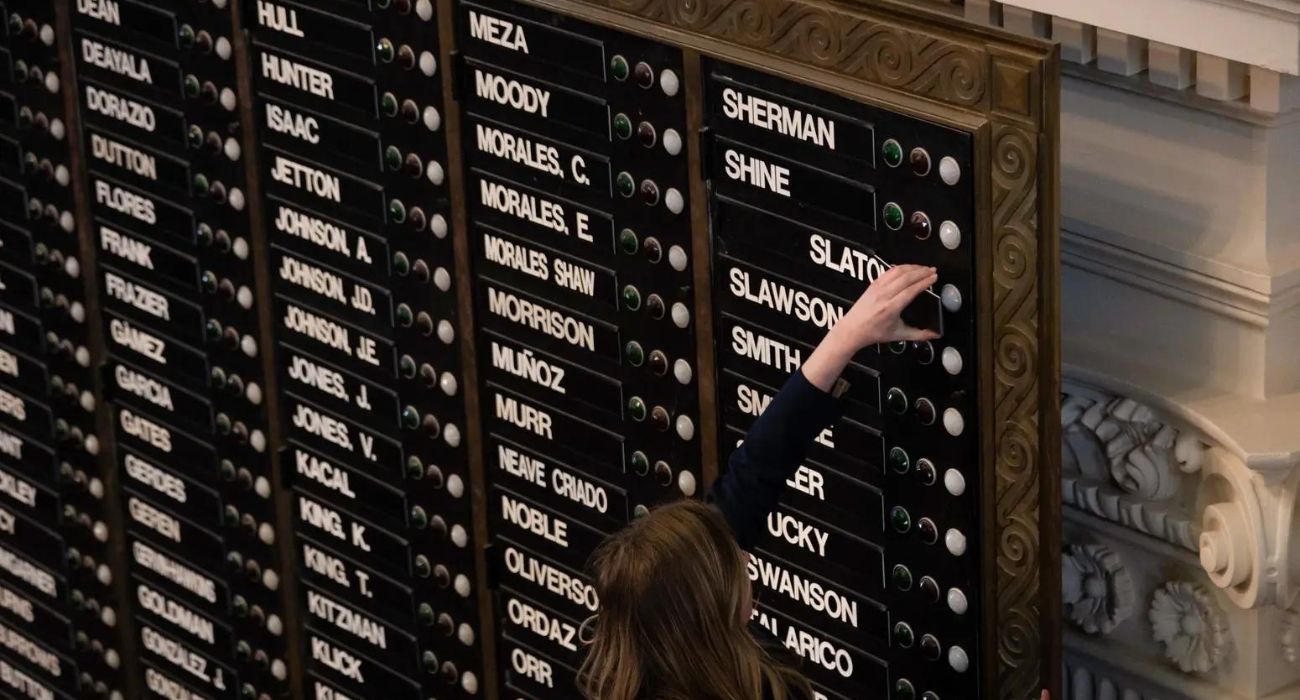An increasing number of Texas troops assigned to Governor Greg Abbott’s Operation Lone Star (OLS) at the U.S.- Mexico border have expressed intent to join the Texas State Employees Union (TSEU).
TSEU has a history of lobbying elected officials and filing lawsuits related to employment rights and wage-related issues on behalf of its members.
The move to unionize comes a month after the Department of Justice ruled that the federal law prohibiting military members from joining unions “does not apply to Guard members on state active duty or in the Inactive National Guard.”
Guardsmen on state active duty missions are effectively considered state employees, making them ineligible for the federal benefits that active-duty service members receive from the G.I. Bill. They cannot claim disability from the Department of Veterans Affairs if injured while on duty. Servicemembers on state active duty missions are paid less than those on federal orders.
However, based on the DOJ’s ruling, troops on state active duty assigned to the border can join the TSEU, whereas troops at the border under any federal status are prohibited by federal law from unionizing.
The exception granted by the DOJ is a significant one for Texas Guardsmen due to the nature of OLS. While state active duty missions are typically short-term, usually responding to natural disasters, OLS is a large-scale, long-term mission that has been ongoing since March 2021.
The soldier leading the unionization efforts has spoken to both Military.com and Army Times under the condition of anonymity for fear of retaliation from Texas Military Department (TMD) officials. The Army Times reported that they have verified that the soldier is on active duty state orders at the border.
The anonymous soldier posted details about the first meeting on a February 16 Reddit post.
“We’re getting treated like sh–,” the soldier told Military.com. “This is all politically driven. I voted for Abbott. I agree with a lot of his politics, but not when it comes at the expense of the involuntary mobilization for upwards for 12 months. That isn’t what we signed up for. We signed on the dotted line, but not for this.”
As previously reported by The Dallas Express, the border operation has also been the subject of complaints from soldiers relating to payment issues and by a wave of suicides in soldiers linked to the mission.
Military.com previously reported on more than 1,000 troops who faced problems receiving their payments. The report says that some were shortchanged from what they were promised, often by thousands of dollars. In December 2021, a wife of another soldier deployed at the border spoke with KHOU 11 News. She said her husband was only receiving about 75% of the pay that he was promised.
KHOU 11 also reported that some members were not provided pay stubs and could not identify how their pay was calculated.
One soldier, who spoke with the Army Times, said he was deployed at the border for four weeks before receiving his first paycheck. Other soldiers were displeased that they were involuntarily forced to go to the border since they often make much more money in their civilian jobs.
Further exacerbating issues and soldier morale was a December 2021 report by the Army Times that detailed four suicides by soldiers tied to the operation over two months.
An unnamed TMD spokesperson corresponded with the Army Times via email, responding to the string of suicides.
“The loss of any service member is a tragedy and mitigating loss through enforcing safety protocols and ensuring resources that promote the total health of the force is something the Texas Military Department takes seriously,” the spokesperson said.
The spokesperson pointed to the TMD’s 24-hour confidential counseling phone lines for soldiers and their “large team of independently licensed therapists” that offer free services to all TMD personnel.
“In addition to the aforementioned resources, there is a behavioral health team assigned to Operation Lone Star with members in each region our task force supports,” the spokesperson added. “The OLS behavioral health team practices proactive, face-to-face outreach through education on self-care, crisis mitigation, and resources available.”
On a campaign stop in San Antonio on January 11, Governor Abbott spoke about the suicides tied to his border operation. He said the loss of any life is “extraordinarily hurtful” but that critics are “just playing politics.”
Governor Abbott pointed to a larger scale problem with suicides throughout the entire military. He also suggested that not all of the suicides were linked to OLS.
“If they are saying something about what’s happening to the National Guard in Texas, why are they not at the very same time saying something about President Biden and having lost hundreds of members of the U.S. military … to suicide?” Abbott asked.
Governor Abbott created OLS in March 2021 in response to a wave of unlawful migrants from Central America crossing the U.S.- Mexico border. The operation deployed law enforcement in areas where human and drug trafficking tend to occur.
Abbott said President Biden’s “reckless open border policies” increased cartel activity, human trafficking, and illegal crossings along the southern border of Texas. Approximately 1,200 Texas National Guard troops were initially deployed for the mission in June 2021; however, that number increased to about 10,000 by November 2021.
Abbott’s press secretary, Renae Ezehas, previously claimed that Texas was forced to ‘step up’ to secure the border because the Biden administration had not done so. “Texas continues stepping up to secure our southern border and protect Texans in the federal government’s absence,” she said.
The first meeting of the TSEU’s Military Caucus is scheduled for next week.
“These are people who dedicated their lives to serve their country,” Will Attig, executive director of the Union Veterans Council, AFL-CIO, told Military.com. “These members clearly felt the need to have a voice. What does that say about the state of affairs over there?”






